
10 Ways to Write More Effective Ads
¥8.09
10 Ways to Write More Effective Ads

Ultimate Pregnancy Guide
¥8.09
Ultimate Pregnancy Guide
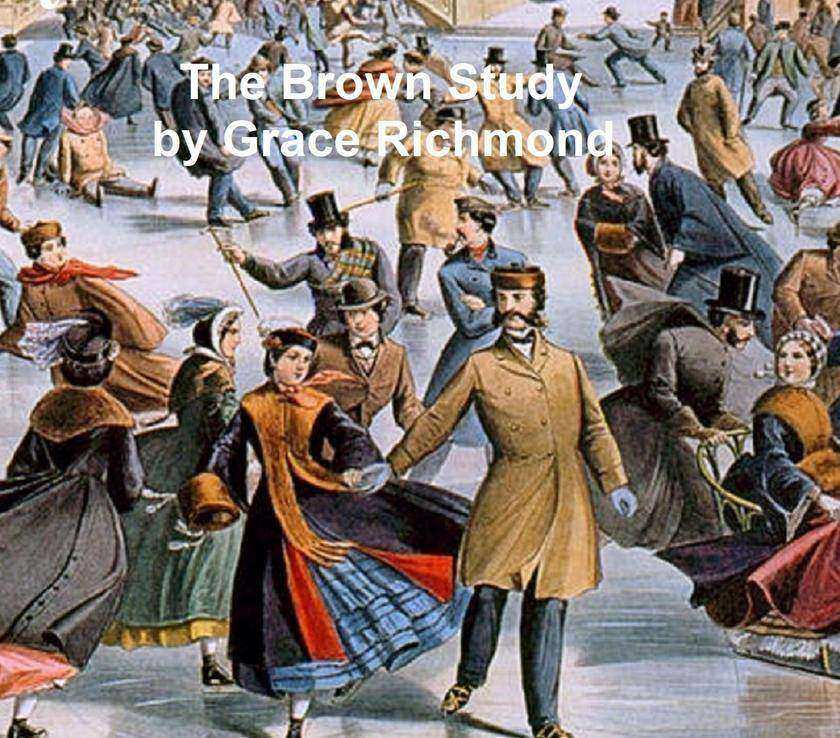
The Brown Study
¥8.09
The Brown Study
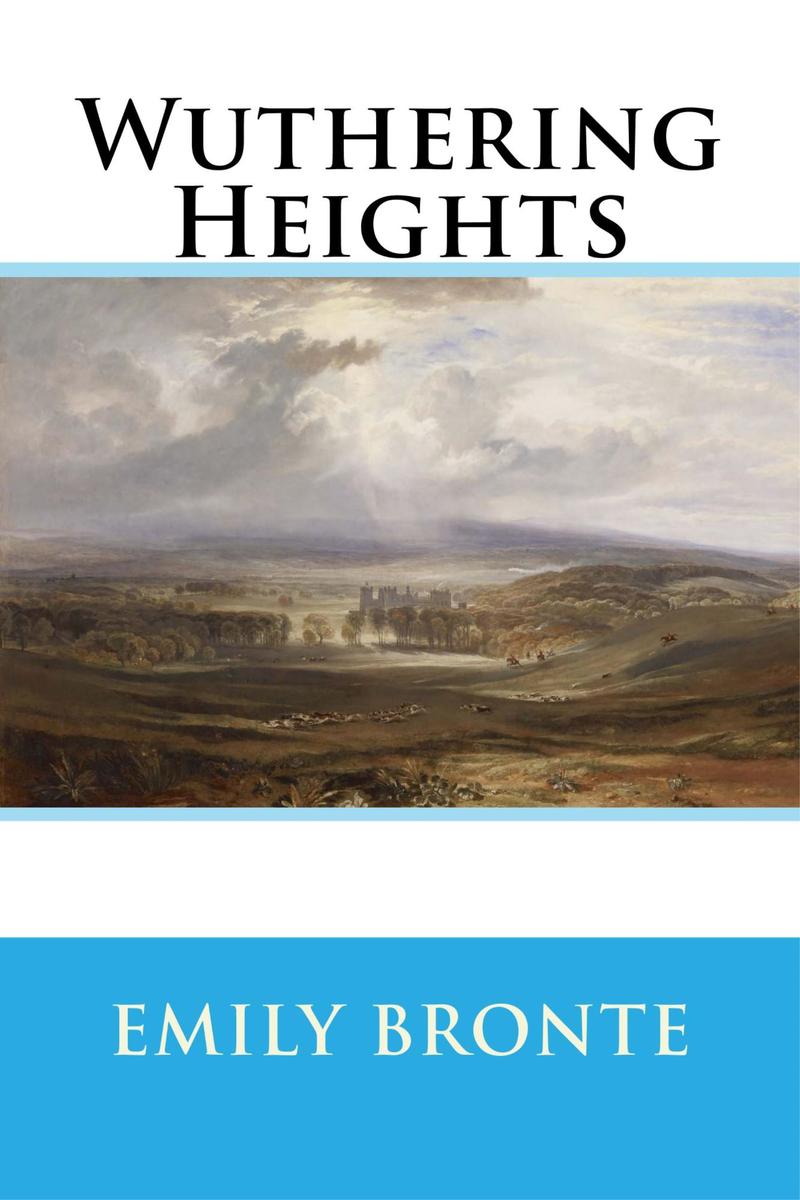
Wuthering Heights (Illustrated)
¥8.09
Wuthering Heights (Illustrated)
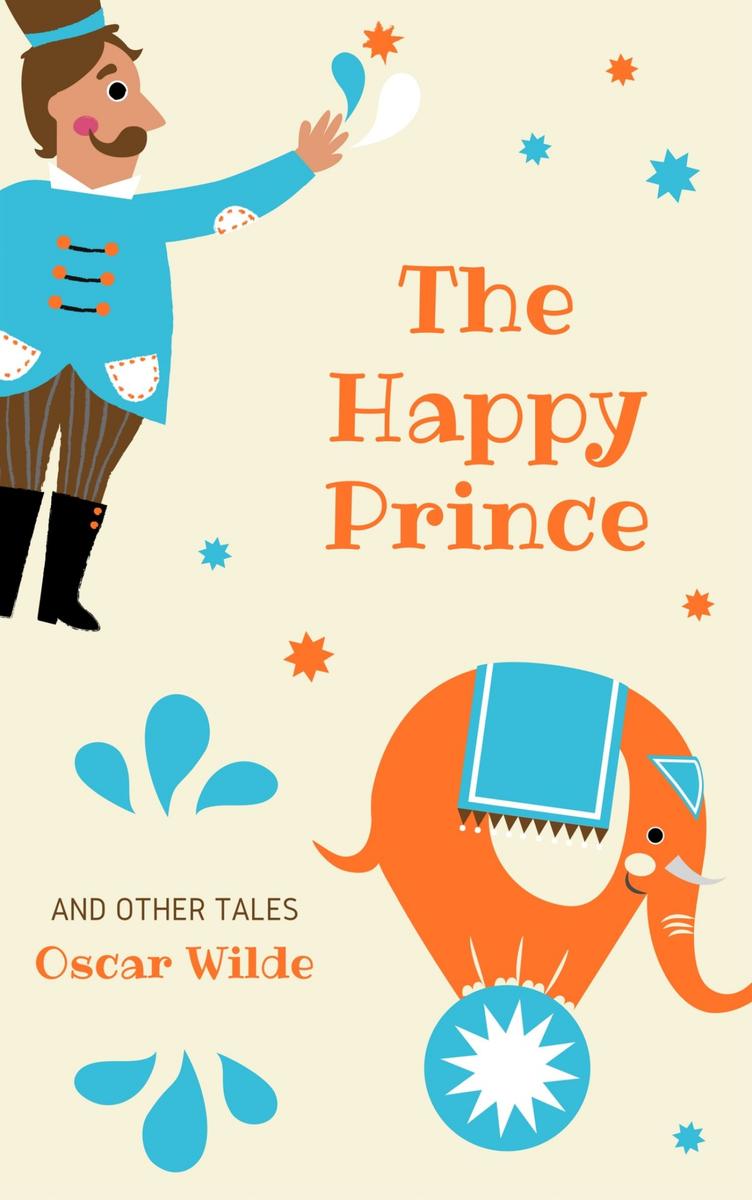
The Happy Prince and Other Tales
¥8.09
The Happy Prince and Other Tales
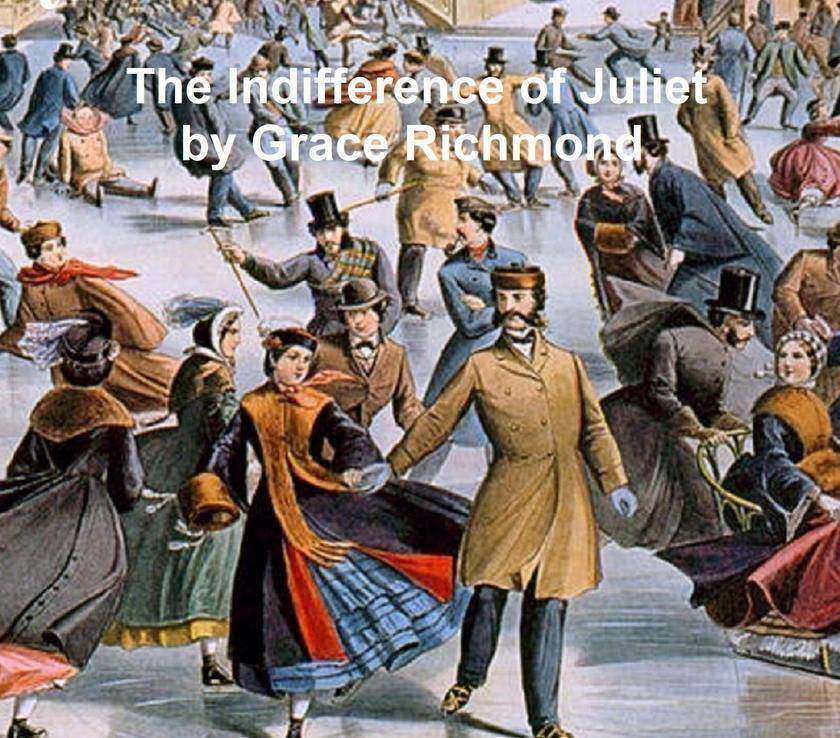
The Indifference of Juliet
¥8.09
The Indifference of Juliet
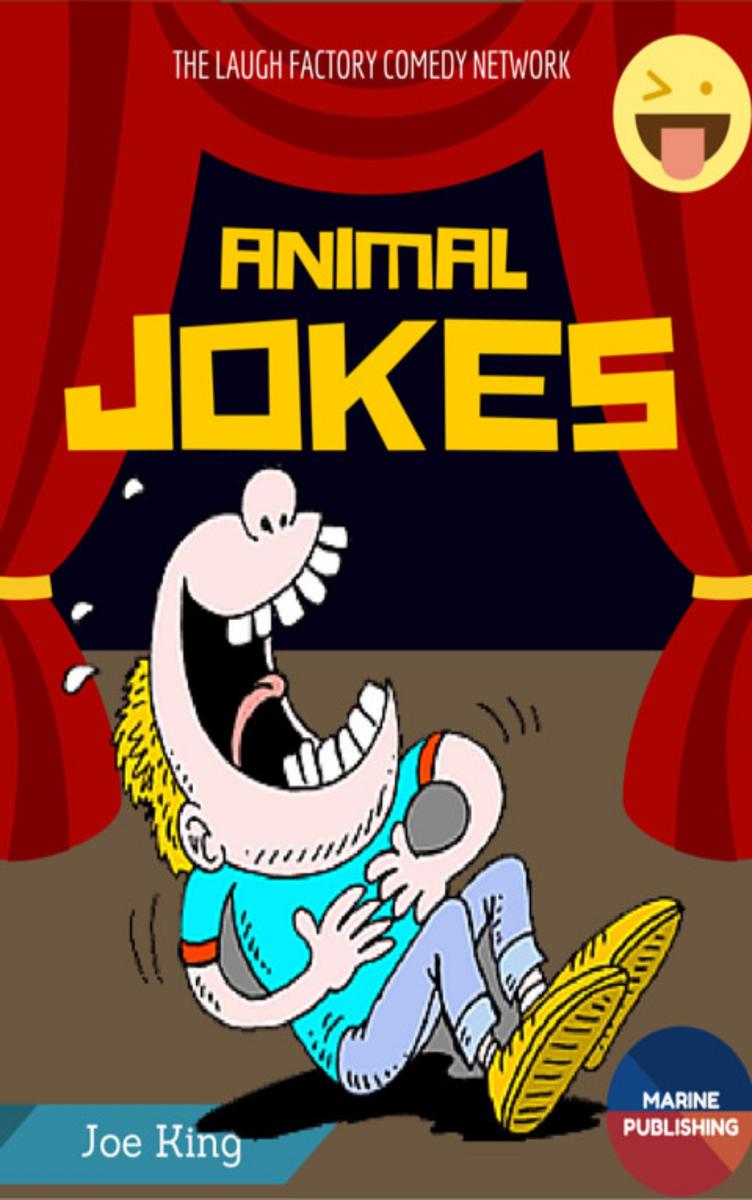
Animal Jokes
¥8.09
Animal Jokes
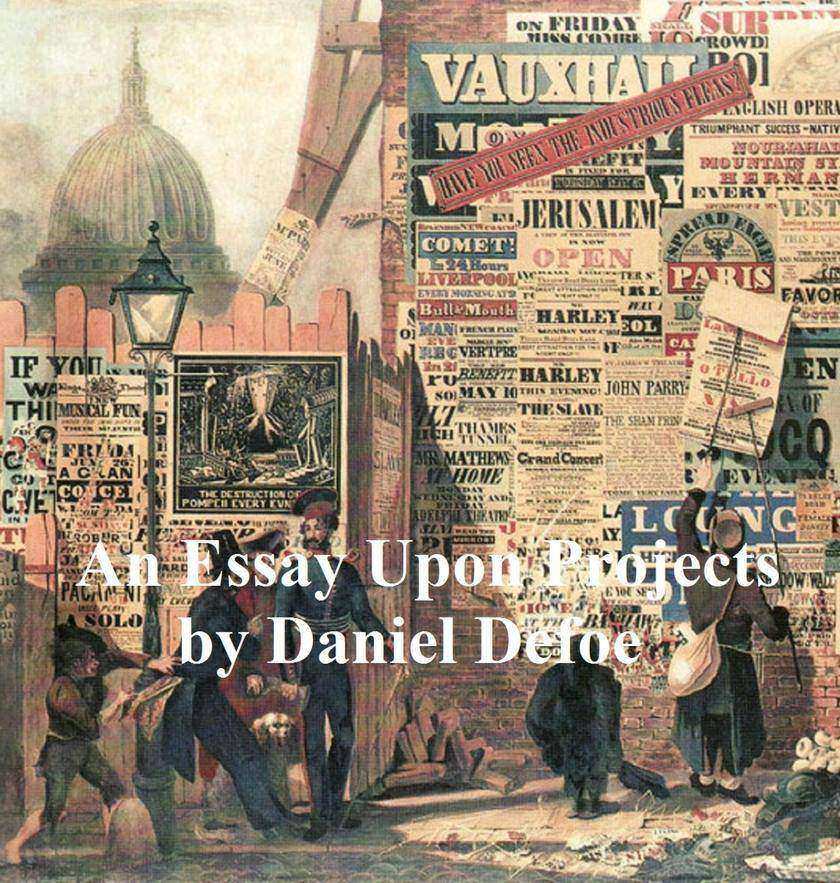
Essays Upon Projects
¥8.09
Essays Upon Projects
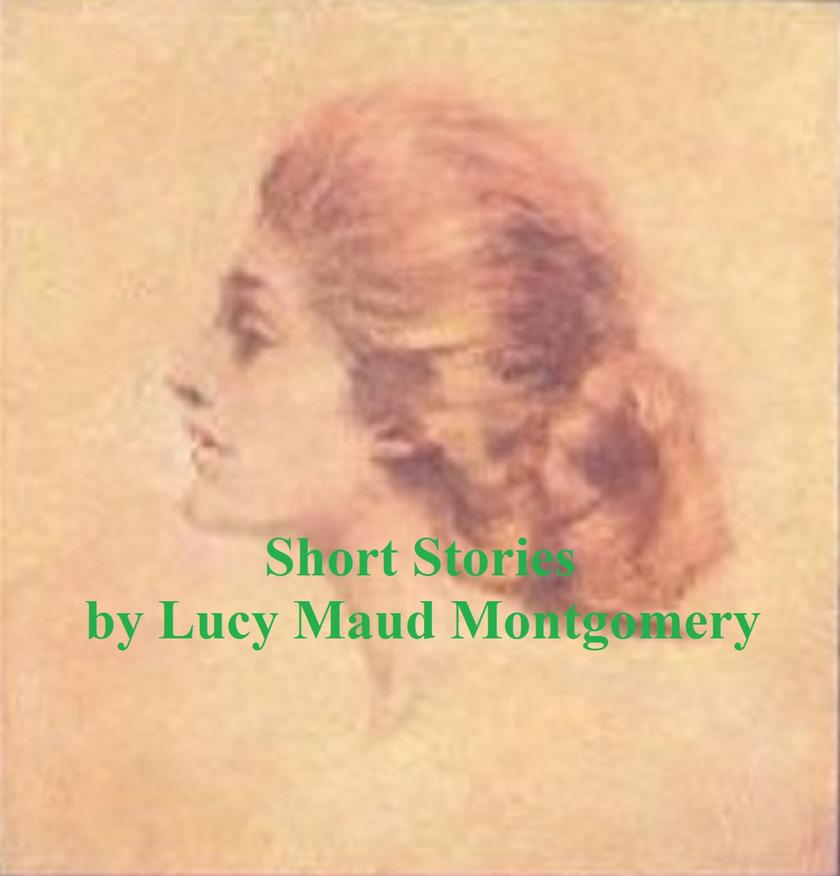
Short Stories: 1896-1922
¥8.09
Short Stories: 1896-1922
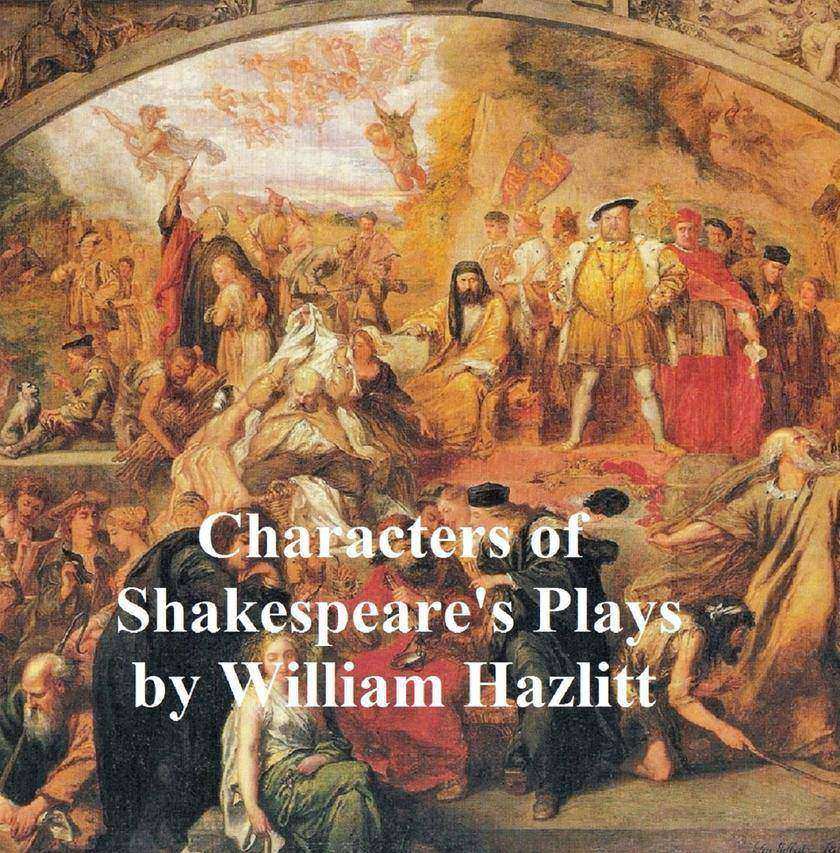
Characters of Shakespeare's Plays
¥8.09
Characters of Shakespeare's Plays
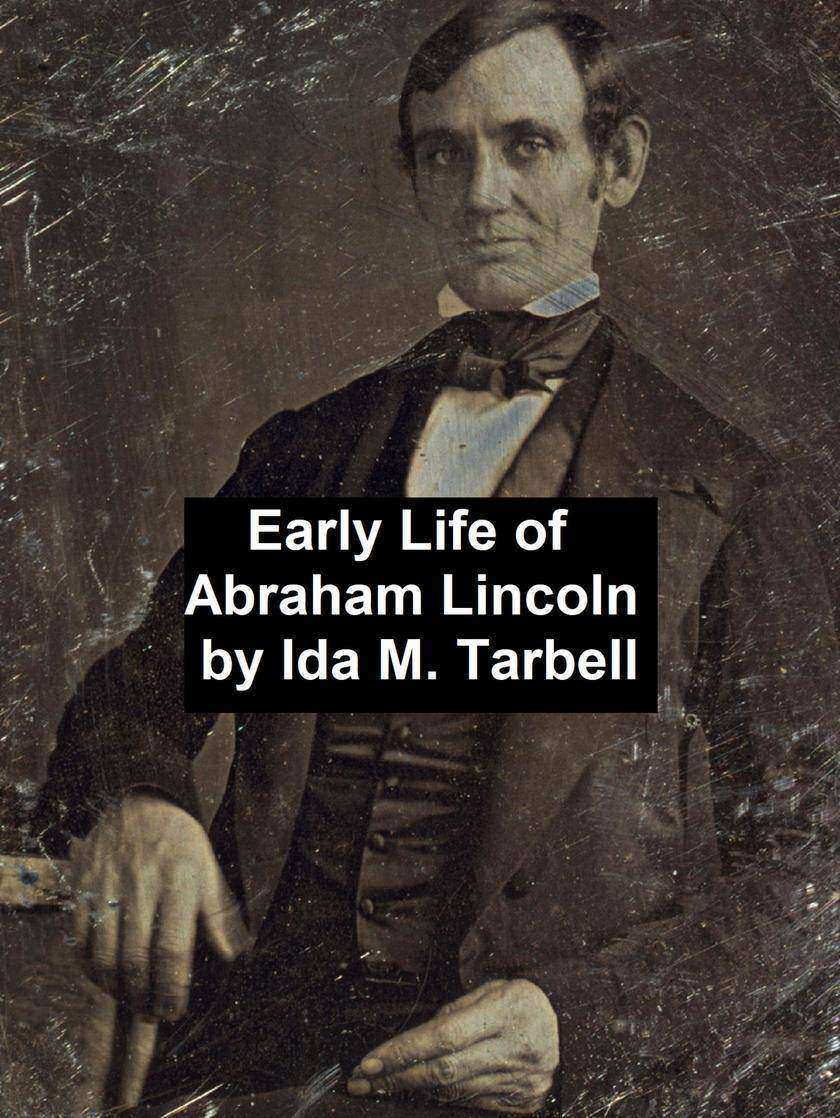
Early Life of Abraham Lincoln
¥8.09
Early Life of Abraham Lincoln
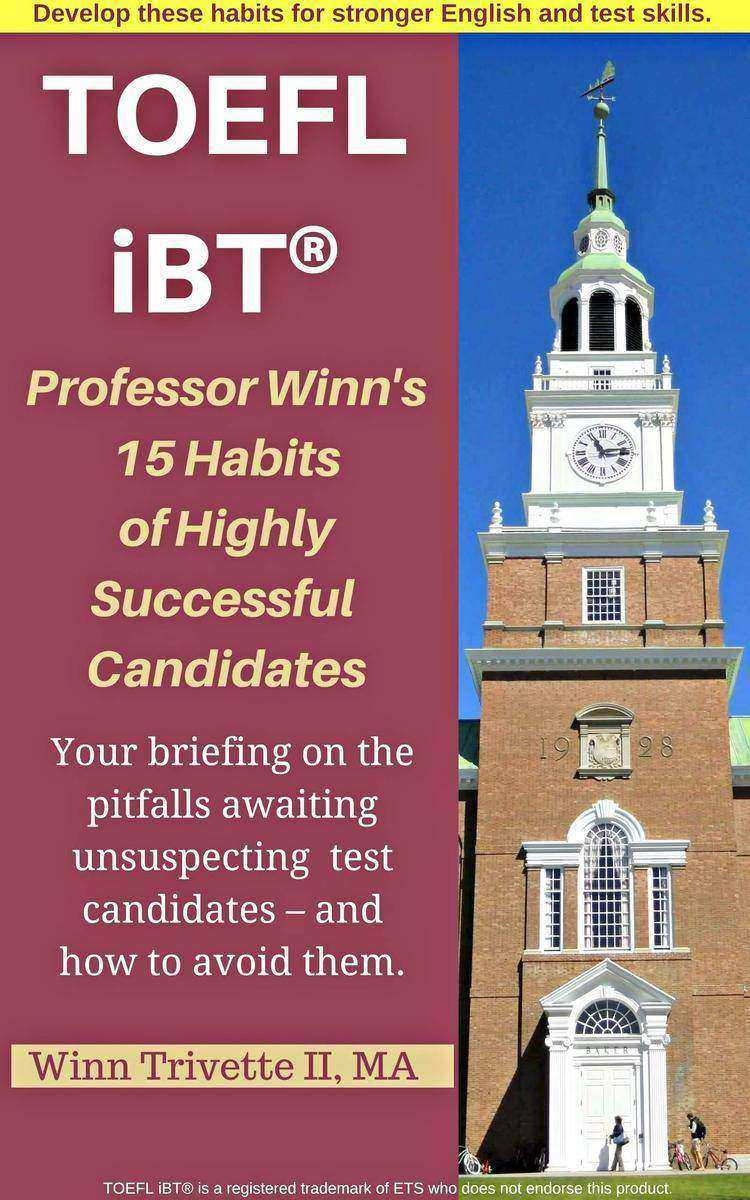
Professor Winn’s 15 Habits of Highly Successful TOEFL iBT? Candidates
¥8.09
Professor Winn’s 15 Habits of Highly Successful TOEFL iBT? Candidates
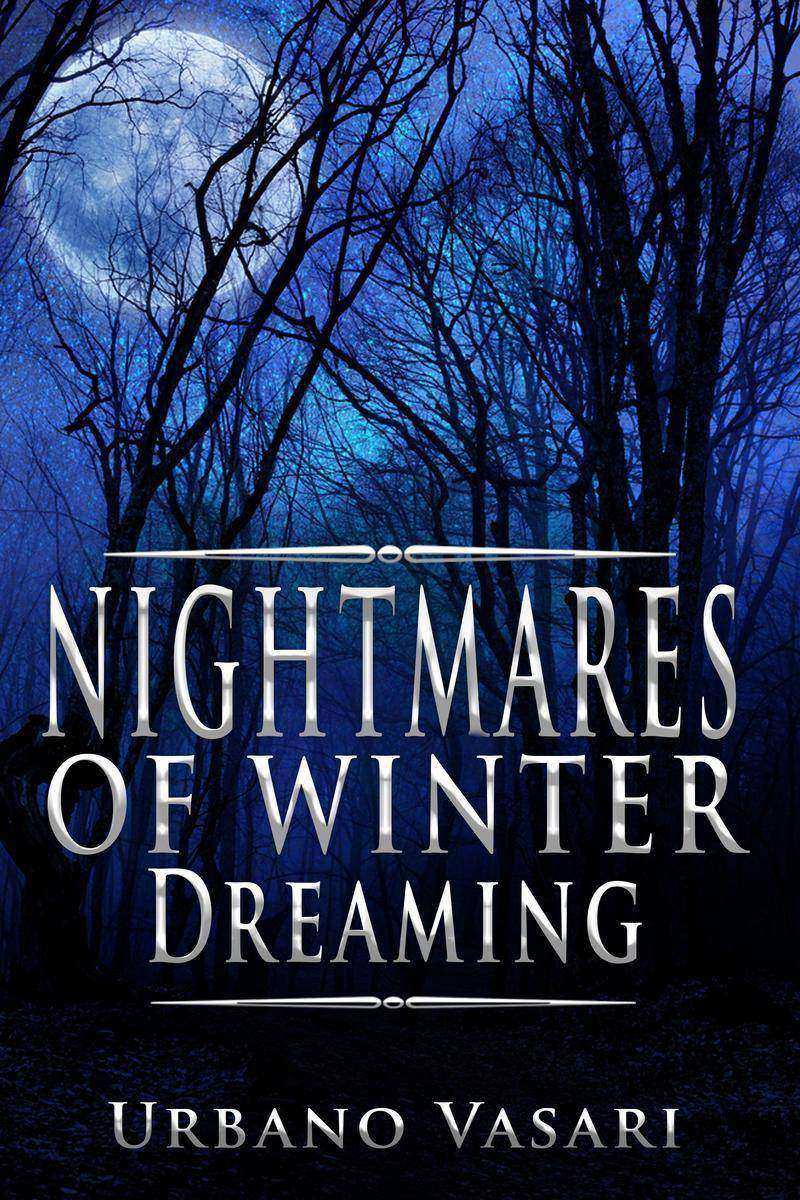
Nightmares of Winter Dreaming
¥8.09
Nightmares of Winter Dreaming
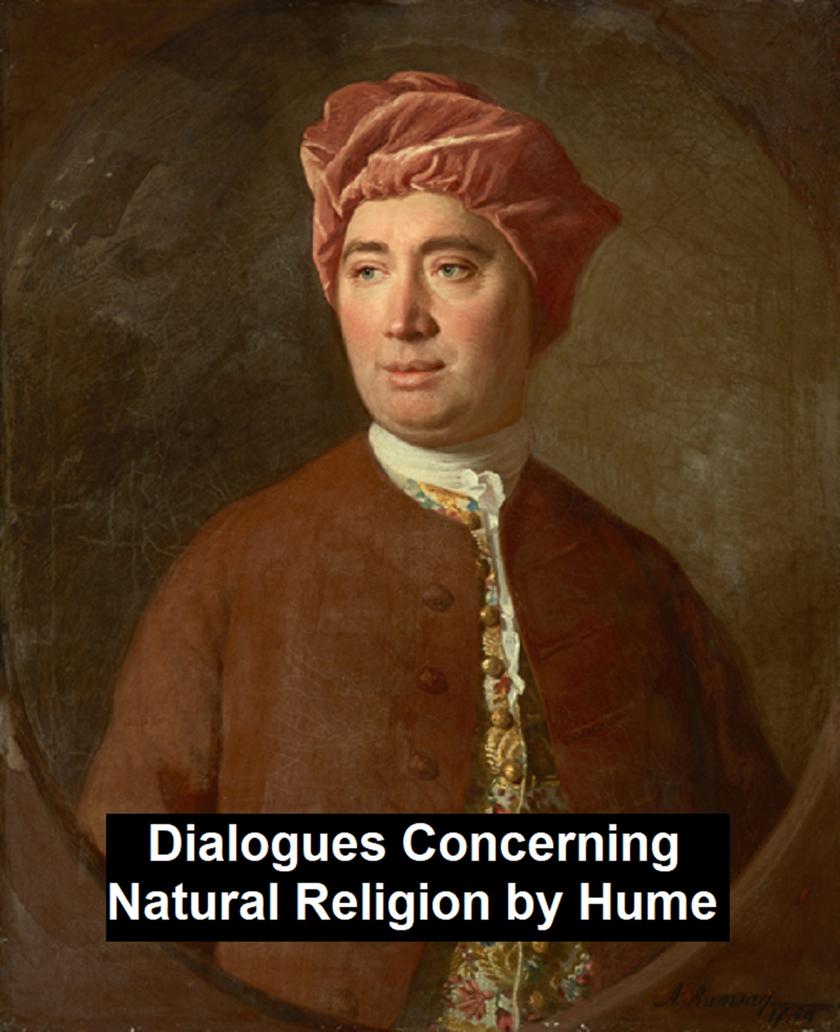
Dialogues Concerning Natural Religion
¥8.09
Dialogues Concerning Natural Religion
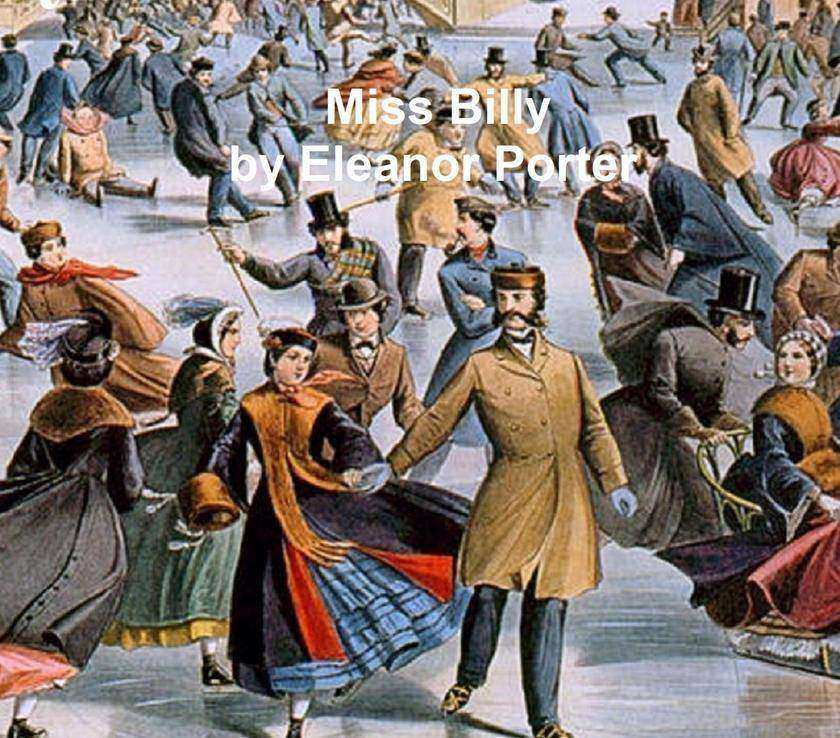
Miss Billy
¥8.09
Miss Billy
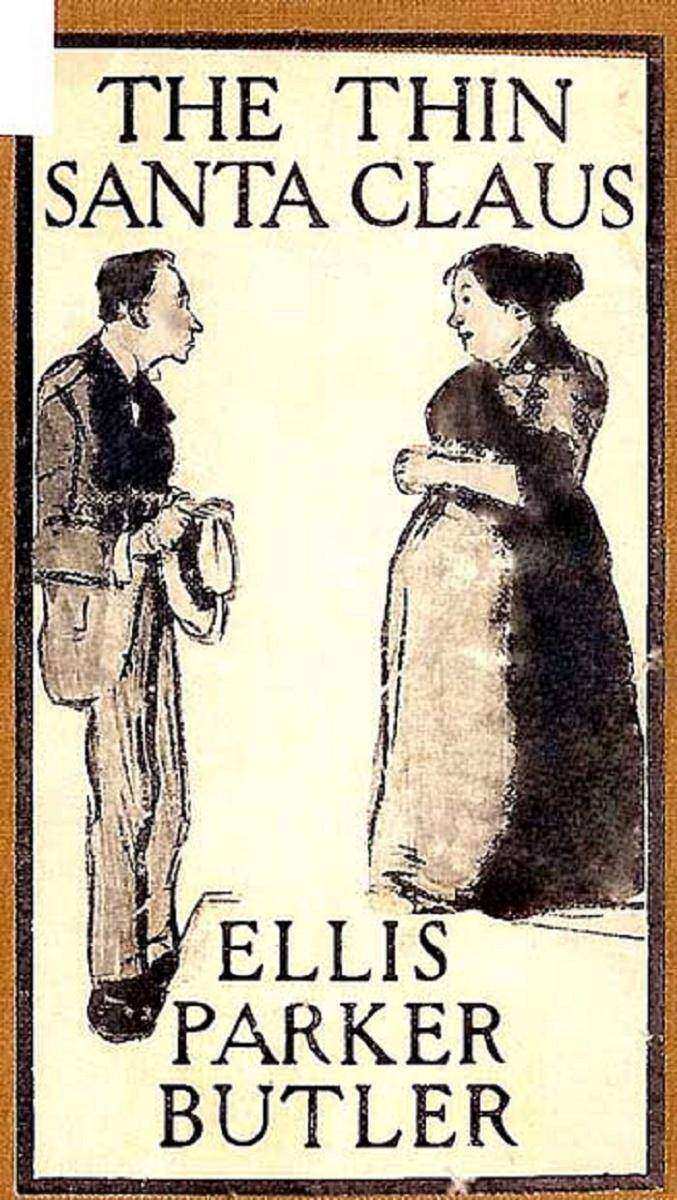
The Thin Santa Claus: The Chicken Yard that Was a Christmas Stocking
¥8.09
The Thin Santa Claus: The Chicken Yard that Was a Christmas Stocking
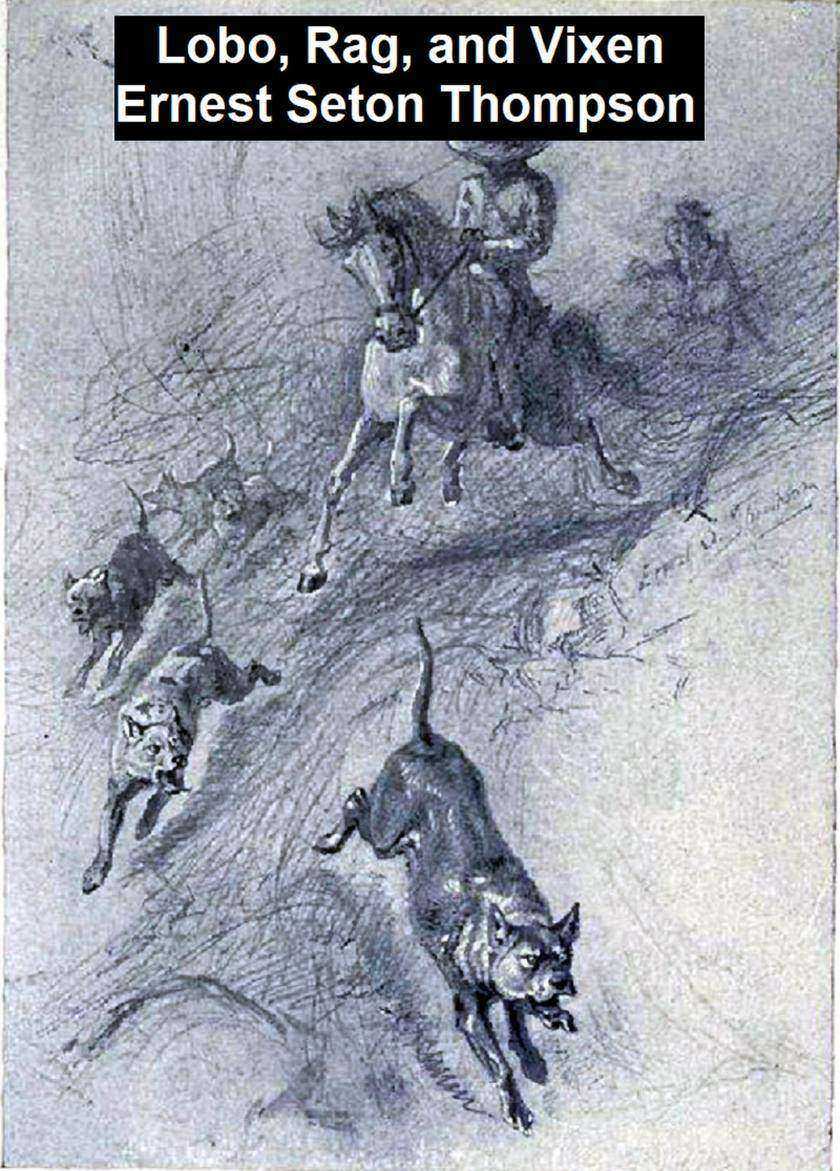
Lobo, Rag, and Vixen
¥8.09
Lobo, Rag, and Vixen
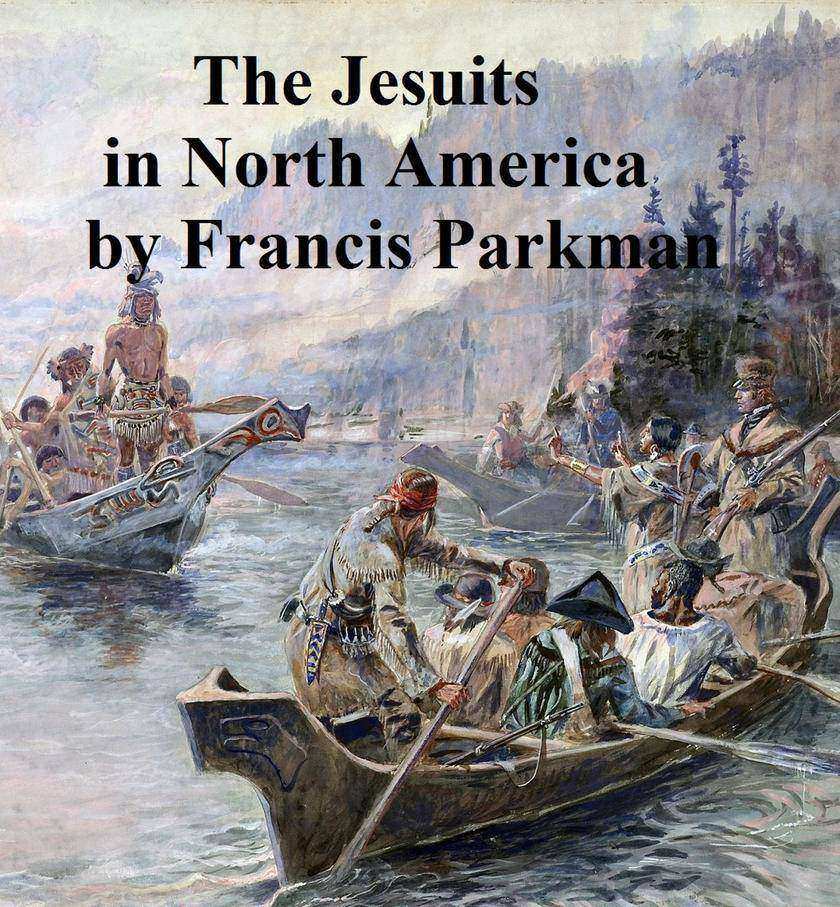
The Jesuits in North America in the Seventeenth Century
¥8.09
The Jesuits in North America in the Seventeenth Century
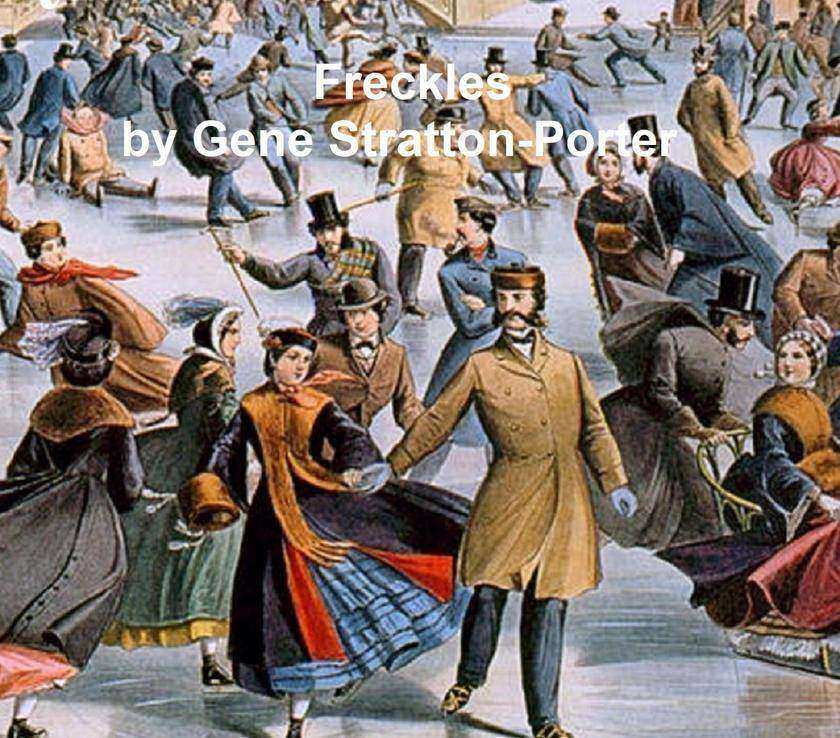
Freckles
¥8.09
Freckles
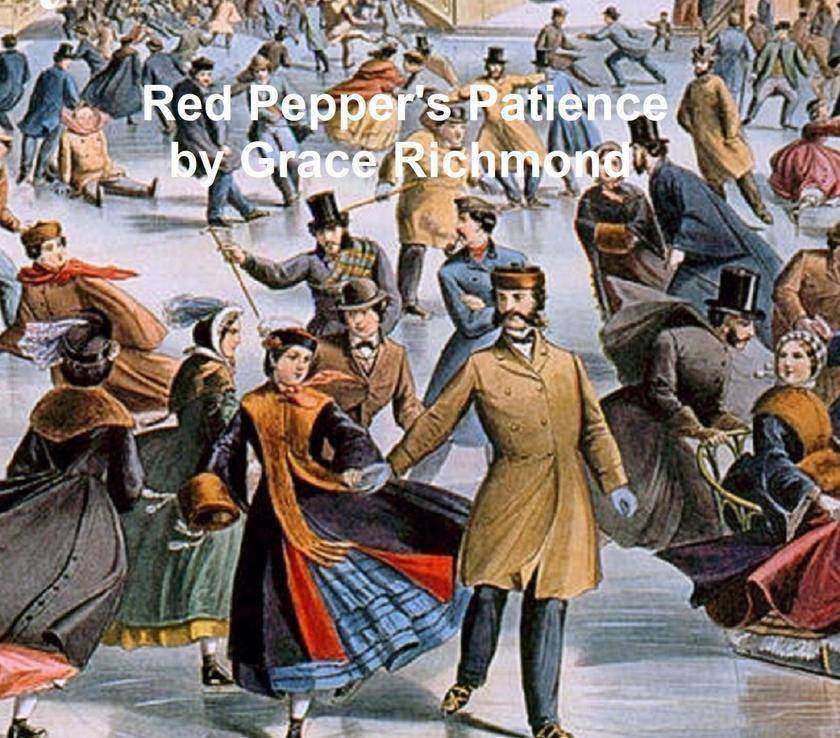
Red Pepper Patients, with an account of Anne Linton's case in particular
¥8.09
Red Pepper Patients, with an account of Anne Linton's case in particular
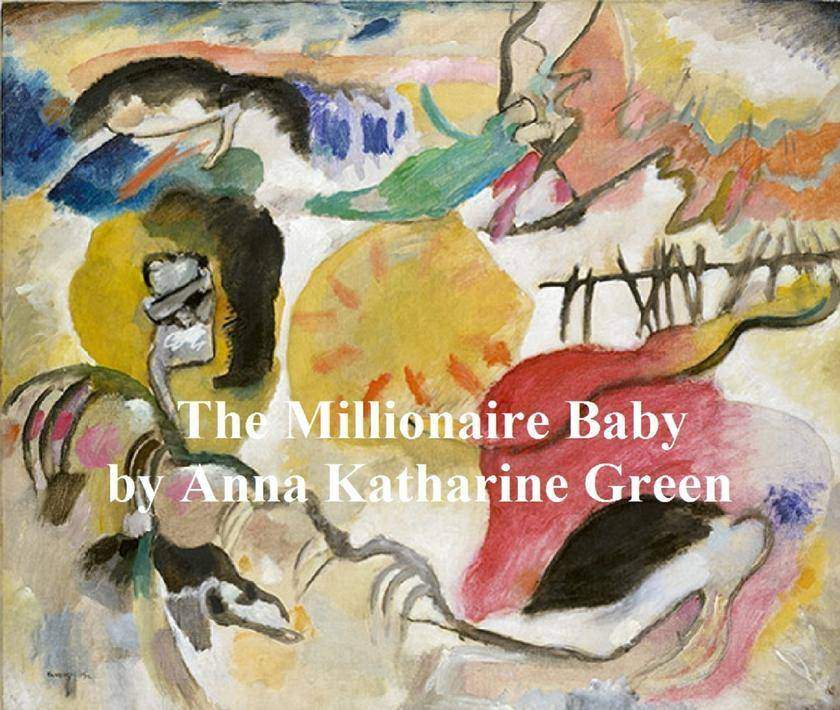
The Millionaire Baby
¥8.09
The Millionaire Baby




 购物车
购物车 个人中心
个人中心



